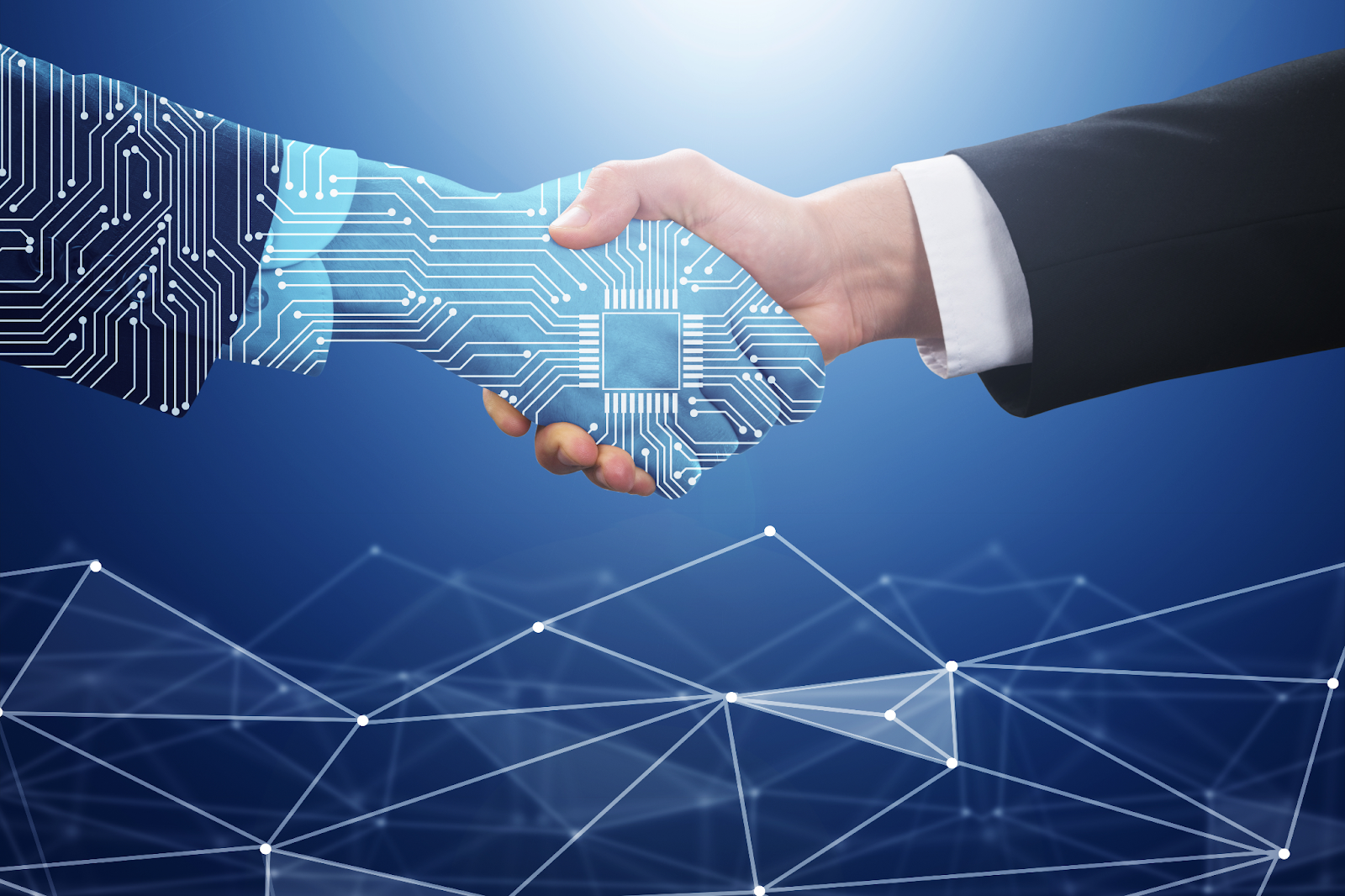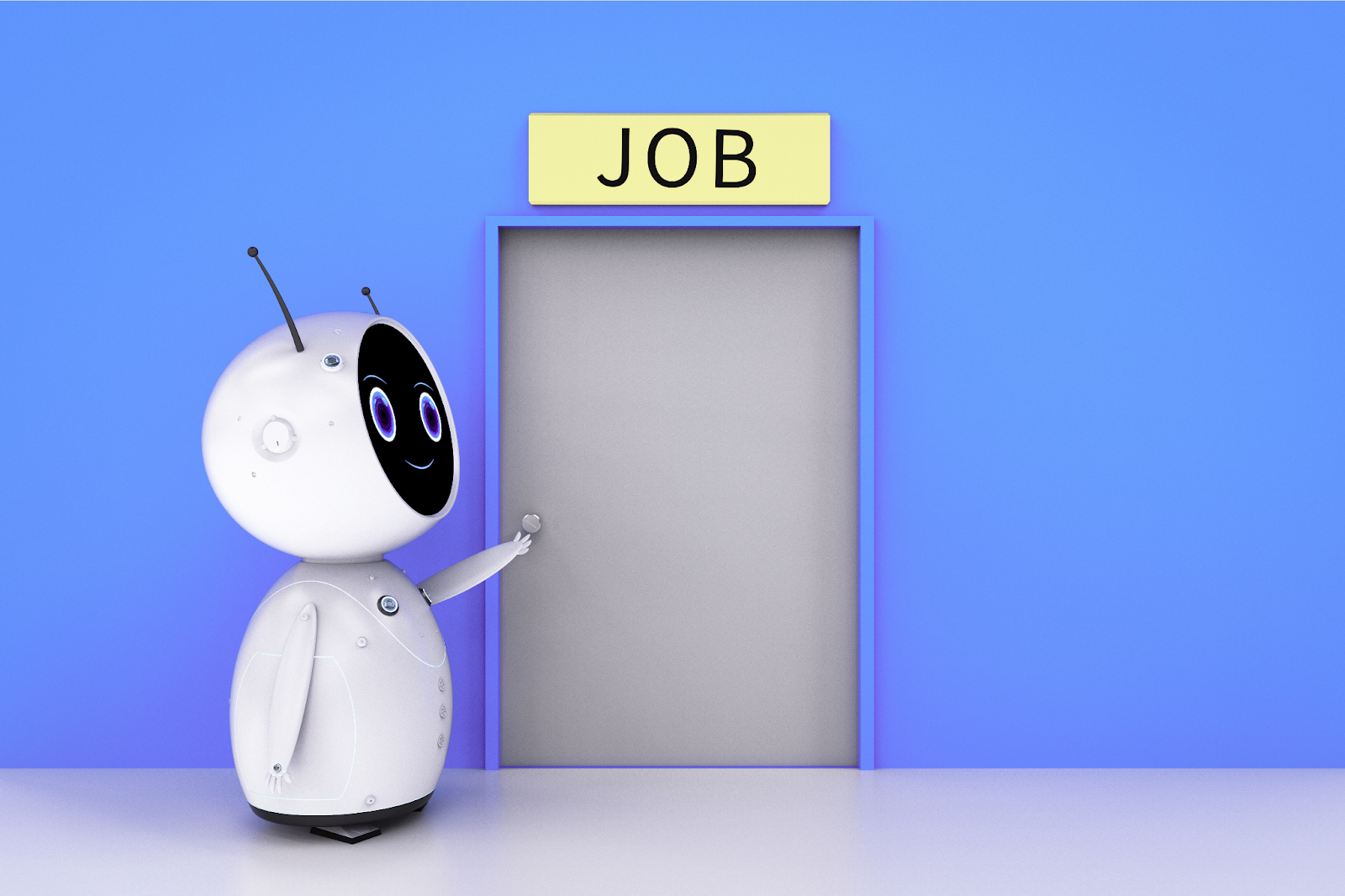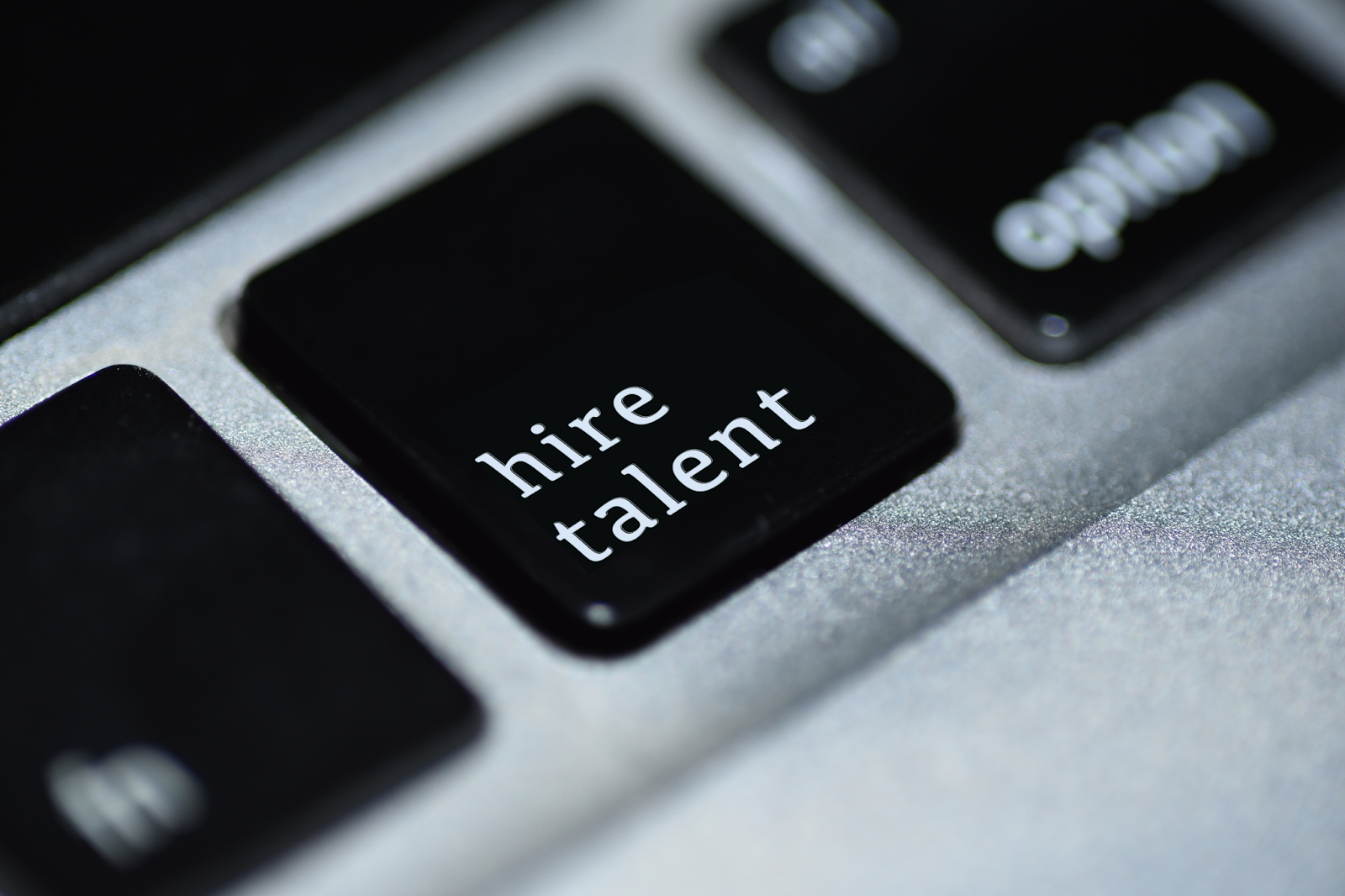
We’re seeing AI touch nearly every stage of the recruitment process, even if the rollout still feels premature.
To keep up with the influx of applications and remain competitive, companies are leaning on AI for resume screening, interview scheduling, and even candidate assessments.
The numbers paint a clear picture: 99% of Fortune 500 companies now use Applicant Tracking Systems (ATS) to manage hiring, 75% of recruiters rely on tech-driven tools to assess candidates, and 87% of organizations use AI at some point in the hiring process.
Recruitment is evolving—and quickly. Yet many still value humanity over efficiency, holding onto fairness, diversity, and the need for authentic human connection.


How AI Is Changing the Hiring Process
AI has entered the job market from both sides. Companies use it to streamline hiring, while jobseekers adapt their strategies to “beat the algorithm.”
For hiring managers, speed is the obvious advantage. Being able to scan hundreds or even thousands of applications quickly helps ensure talent isn’t overlooked. Resume screening is now often automated, with keyword matching aligned to role requirements.
AI is even being used to conduct first-round interviews. Supporters argue that this helps reduce human bias. Algorithms don’t notice appearance, tone, or the mood of the interviewer on a given day—they focus on the content of answers. After initial screenings, AI can continue to assess candidates through tools like competency mapping, bias audits, and predictive analytics.
Jobseekers are adjusting, too. Since resumes are often filtered through AI before a human ever sees them, candidates have shifted toward highlighting analytical skills and using AI themselves to draft tailored resumes and cover letters. This allows them to apply more quickly and broadly, but it also raises questions about authenticity. And that tension sits at the center of AI’s role in hiring.
The Upsides of AI in Hiring
The benefits are easy to see. AI can process massive volumes of applications in minutes. It applies standardized evaluations that reduce randomness and bring more consistency to decision-making.
Advocates argue that AI puts the focus back on evidence rather than instinct. For jobseekers, this creates access to a wider range of opportunities. For companies, it increases the likelihood of uncovering diverse talent that may have been overlooked in more traditional hiring processes.
The Risks and Contradictions of AI in Recruitment
The drawbacks are just as real. Studies show that bias not only exists in AI systems—it can actually be amplified at scale. Because AI learns from historical data, it risks reproducing past discrimination and deepening inequities instead of eliminating them.
A Harvard study revealed that many candidates are tailoring their resumes specifically for algorithms. While effective, this trend often strips away empathy, creativity, and individuality. Recruiters feed keywords into machines, and candidates game their applications to match those keywords. The result is a process that can feel more like a contest of who can outsmart the system rather than who’s genuinely the best fit.
This dynamic creates trust issues. Candidates feel the process is opaque and impersonal, while recruiters worry whether the AI is making accurate or fair evaluations.
Why Humans Still Matter in Hiring
AI might be efficient, but it will never replace human intuition. People can evaluate adaptability, empathy, and cultural fit—qualities essential for a thriving workplace.
Trust is built person-to-person, not from data points alone. Algorithms can analyze information, but final hiring decisions require nuance, context, and human judgment.
At Glowvo, we see AI as a tool, not a replacement. People are still looking for jobs, and people are still hiring other people. That human connection will always be at the heart of recruitment.
How Jobseekers Can Keep Up (and Stay Human)
The key to navigating this new reality is balance. Jobseekers should use AI wisely but not let it erase their individuality. Optimizing resumes and cover letters for clarity is important, but personal voice should never get lost. Authenticity matters. Creativity, empathy, and individuality should come through clearly in one’s applications—and especially in interviews.
This is also where personal branding comes in. Jobseekers should seize every opportunity to tell a genuinely unique story, whether through a resume, a video introduction, or a LinkedIn profile. Consistent storytelling across platforms reinforces who you are, what you stand for, and why you’re the right fit.
Strategic networking continues to be one of the most powerful ways to stand out. Referrals and genuine connections open doors no algorithm can. And tools like video resumes can showcase personality, energy, and nonverbal cues that bring a candidate’s story to life.
Finally, candidates should prepare for more structured interviews. Practicing behavioral questions and drawing on lived experiences will highlight both competencies and the human side of your story—qualities that resonate with AI-driven systems and, more importantly, human recruiters.
The Future of Hiring: Human + AI Partnership
Governments are beginning to regulate AI in hiring. The EU AI Act and New York City’s Local Law 144 are just two examples, both requiring bias audits and transparency for automated decision tools.
The future will likely be a hybrid model: AI to create efficiency, and humans to provide judgment. This approach allows organizations to process applications quickly while preserving the empathy and context only people can provide.
Conclusion: A Human-Centered Future
AI is here to stay, but its purpose should be to support people, not replace them.
The best employers will balance efficiency with empathy, using AI to handle the heavy lifting while keeping people at the core of decision-making.
At Glowvo, we’re committed to a human-centered hiring process—one that embraces AI for efficiency but ensures candidates are always seen and heard as people first. That’s the future we’re working toward.


